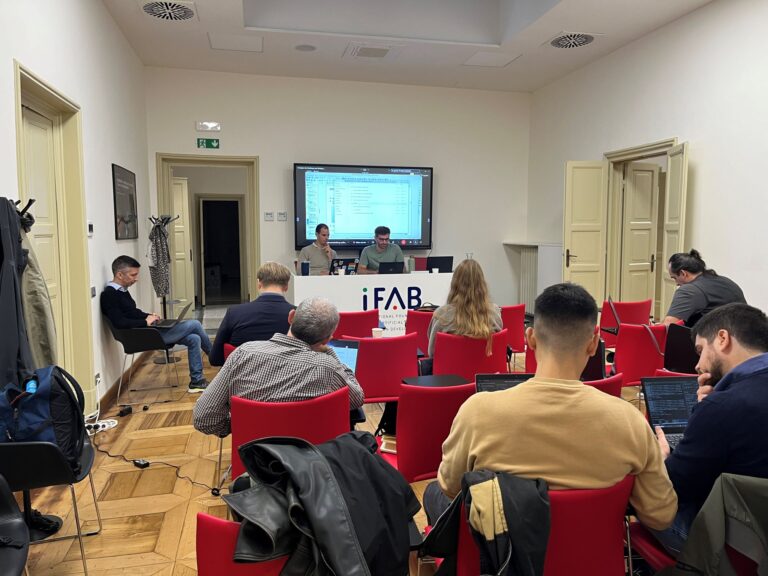Advancing Engineering Insights through Machine Learning: EXCELLERAT P2 and EuroCC Italy Workshop in Bologna

On October 18, 2024, EXCELLERAT P2 and EuroCC Italy collaborated on a dynamic workshop in Bologna, Italy, designed to advance the use of Machine Learning (ML) and Data Analytics in engineering. This event brought together engineers, data scientists, and researchers from EXCELLERAT and EuroCC National Competence Centre Italy to exchange expertise and dive into cutting-edge ML methods that are reshaping data-driven engineering processes.
The workshop was kicked off with an in-depth session on non-linear dimension reduction and clustering techniques, essential for handling high-dimensional engineering datasets.
Facilitators introduced advanced non-linear techniques such as t-SNE, UMAP, and Diffusion Maps, which allow engineers to reduce data complexity while retaining critical structures and relationships. In practical terms, these techniques make it possible to visualise complex data in more accessible forms without losing essential insights. The session also featured clustering algorithms, including k-means, DBSCAN, and spectral clustering, widely applicable in engineering challenges like aerodynamics optimisation and climate modelling. Participants discussed practical use cases and witnessed these techniques applied to real-world scenarios.
The second session centered on machine learning workflows, focusing on end-to-end data processing and model development. Key topics included data cleaning, feature extraction, and setting up workflows to streamline the machine learning pipeline. With guided tutorials using popular Python libraries like Scikit-learn and PyTorch, participants engaged in hands-on exercises, learning practical skills to prepare, analyse, and model data. This session offered valuable insights into implementing ML for engineering simulations, showcasing how ML workflows can enhance model precision, improve scalability, and accelerate solution times.
The workshop wrapped up with a networking lunch, fostering meaningful discussions on next steps and potential joint initiatives. The attendees brainstormed future projects, with a particular focus on using ML to tackle specific engineering challenges. Closing remarks from representatives of EXCELLERAT and EuroCC Italy emphasised the value of collaborative learning and innovation to drive advancements in engineering ML applications.
Overall, the workshop highlighted the critical role of cross-organisational collaboration in advancing data analytics and machine learning. As EXCELLERAT and EuroCC Italy continue
their partnership, they aim to pave the way for new applications of ML in engineering, supported by shared resources, research initiatives, and follow-up workshops that dive even deeper into topics like reinforcement learning and distributed ML.
